Christianity has a long history of building and maintaining segregated societies. Willie Jennings, a Baptist minister and professor of theology and Africana studies at Yale, dives deep into this history in his influential book The Christian Imagination: Theology and the Origins of Race.
In the book, he writes about José de Acosta, a 32-year-old Jesuit missionary from Spain who travelled to Peru in April 1572. A promising young theologian from a rising empire, he was eager to bring the Gospel to the New World. God, Acosta wrote, had strategically buried gold and other mineral riches in “the most remote parts of the world, inhabited by the most uncivilized people …in order to invite men to seek out and possess those lands and coincidentally to communicate their religion and the worship of the true God to men who do not know it.”
“God creates the possibility of creating wealth for the sake of the Gospel — that’s a complex argument to be making in the 16th century,” says Jennings. “You can see how that argument becomes utterly powerful for our future, for the way we look at the world: not as a living, breathing reality that we live in reciprocity with, but as inert dirt, as a resource.”
More on Broadview: Tzeporah Berman on not looking away from the climate crisis
Many progressive Christians would say that Christian theology has evolved from a theory of dominion, which argues God gave humans the Earth for their own gain, to one of stewardship, which says God gave humans the Earth to care for.
But stewardship is still problematic, Jennings says, because it is premised on the notion of private property. “This is where everything goes wrong,” he says, because in this view, “my sense of responsibility extends only to what I own or what my country owns.” Private property is linked to slavery, Jennings writes. Europeans invented racial hierarchies to disconnect people from their land and to justify the colonists’ claims. To become “white” in America was to gain ownership of property and people.
The struggle for climate justice is not only about preserving forests and lowering emissions, Jennings argues. It is also about how we build our cities, who gets to live where and how resources are distributed. Many wealthy urban neighbourhoods are racist by design, he points out. “They have ways of keeping out Black and brown people, ways of keeping out diversity unless it can be controlled.” He wants to know why churches aren’t crowding into zoning meetings and city council sessions where decisions are being made about green spaces, bus routes, sidewalks and neighbourhoods.
Christianity has yet to develop a deep theological vision of the Earth as a living being in communication with us, Jennings says. “So many Indigenous peoples have such a robust vision of what life in the world should be….Unfortunately, when you look at confessional Christian teaching on Creation, it does none of that work.”
Jennings is writing a new book on the doctrine of Creation in which he hopes to address this deficit. “What if the doctrine of Creation is really about Creation — about land and dirt and animals and trees, and about making things? And about the relationship between our making things and our animal kin making things, and all of it in the presence of God?” If we reconsider our origin story, Jennings says, “something peculiar and beautifully powerful will emerge in the way Christians see the world.”
This story first appeared in Broadview‘s September 2020 issue.
***
Josiah Neufeld is a Winnipeg-based magazine journalist and fiction writer.
I hope you found this Broadview article engaging. The magazine and its forerunners have been publishing continuously since 1829. We face a crisis today like no other in our 191-year history and we need your help. Would you consider a one-time gift to see us through this emergency?
We’re working hard to keep producing the print and digital versions of Broadview. We’ve adjusted our editorial plans to focus on coverage of the social, ethical and spiritual elements of the pandemic. But we can only deliver Broadview’s award-winning journalism if we can pay our bills. A single tax-receiptable gift right now is literally a lifeline.
Things will get better — we’ve overcome adversity before. But until then, we really need your help. No matter how large or small, I’m extremely grateful for your support.
Jocelyn Bell
Editor/Publisher

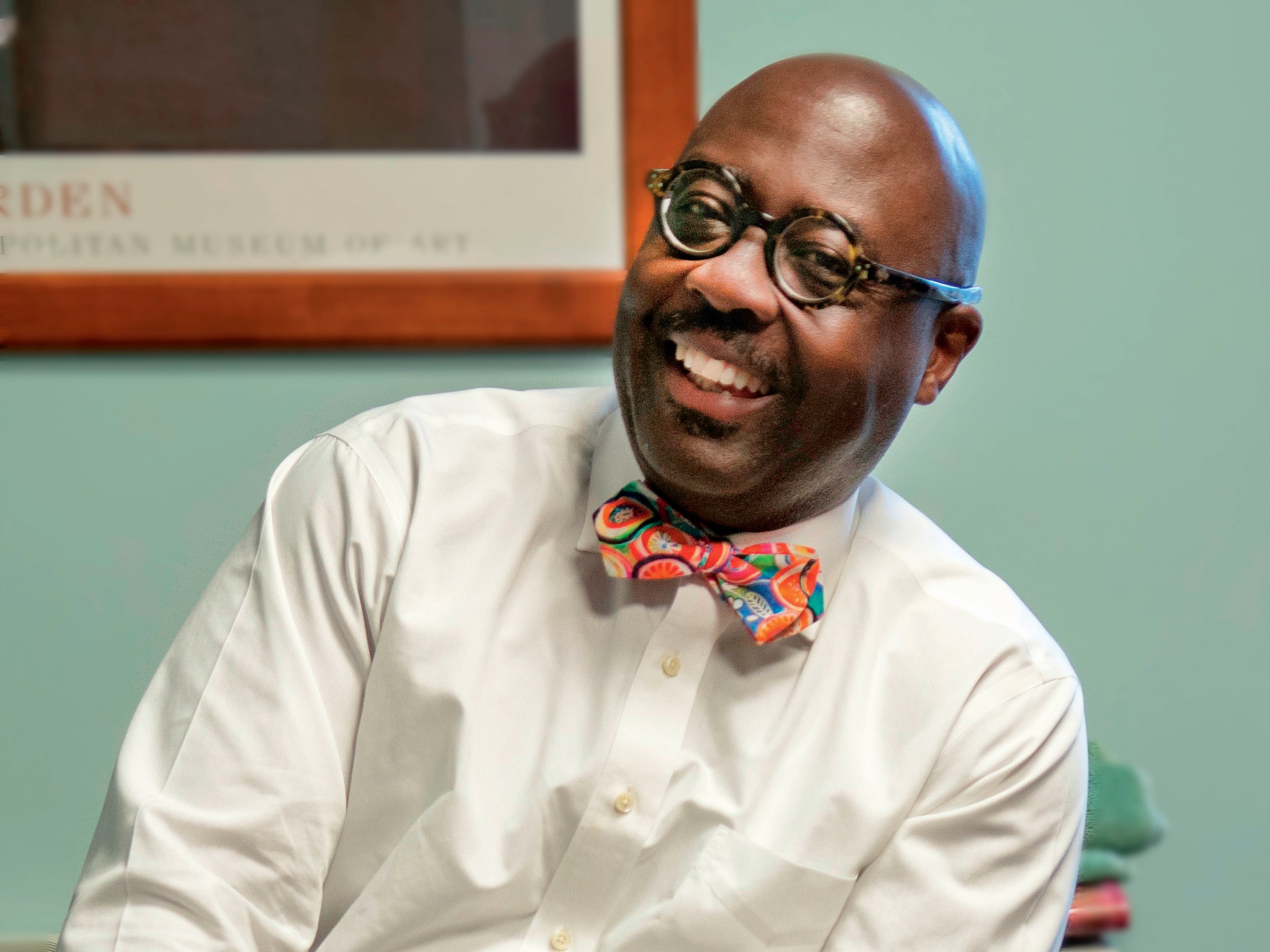







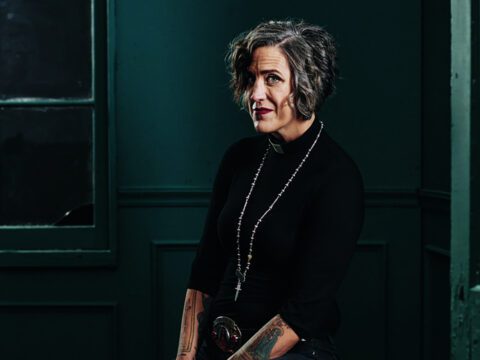
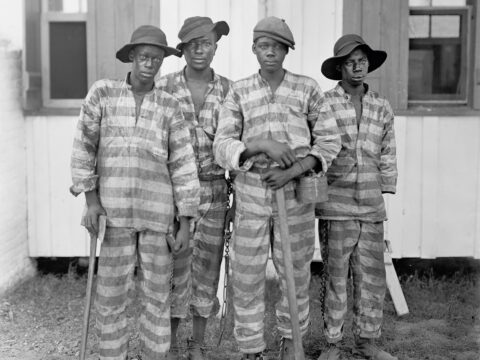
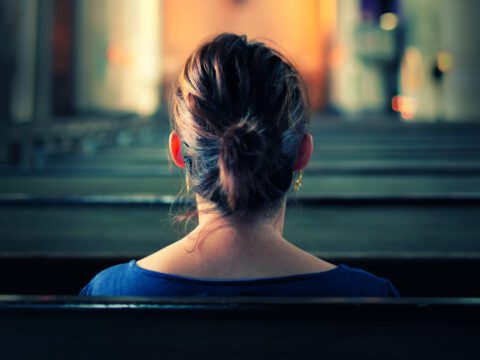
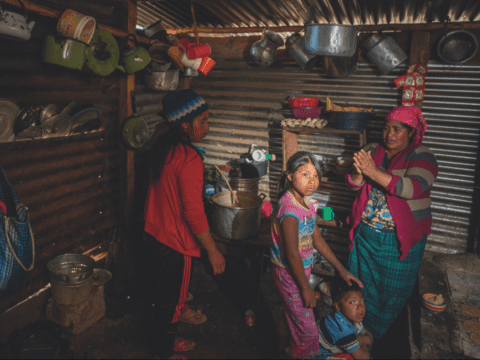
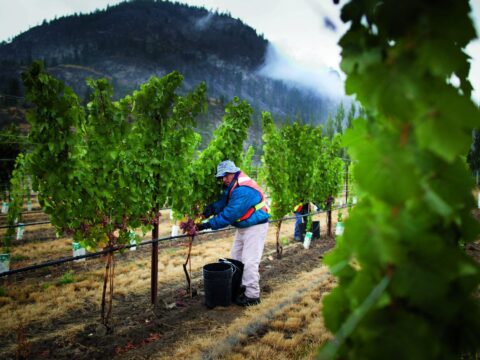

We are commanded by God to have both dominion and stewardship over the earth. Genesis 1:28 God commands man to increase in number; fill the earth and subdue it.
This command was BEFORE the fall. In a fallen state we have lost sight of the term “subdue”. (It is also an interesting note that man is now rebelling against His command to increase in number)
Stewardship in the Bible implies looking after something that is not ours. (see Luke 16). Psalm 50:10 reminds us that everything belongs to God. It is our duty to use and to care for the things God has placed in our care. Let us not forget sin distorts our view of God’s plans.
Some thoughts on the author’s points. As Christians we should be more worried about following God’s mandate of spreading the gospel, worrying of temporal things like parks and bus stops is trivial in God’s eyes. If we fulfilled the mandate of what God commands, everything else would fall into place, such as equality and justice.
The earth is not a living being. Much like “evolution”, Gaiaism is a theory, which is quickly becoming a religion. (Emphasized as “mother earth”)
The earth was created to show God’s purpose and plan for our lives. (Psalm 104) If the earth is “sick” how is man ever going to play doctor?
God tells us that this world is temporal and will be replaced by a new heaven and earth. Revelation 20:11 and 21:1. We are responsible for crucifying Christ, God is responsible for destroying and recreating the earth.
If we are going to “reconsider” our creation story, why believe in anything else that God has revealed to us? Especially His promise of salvation.